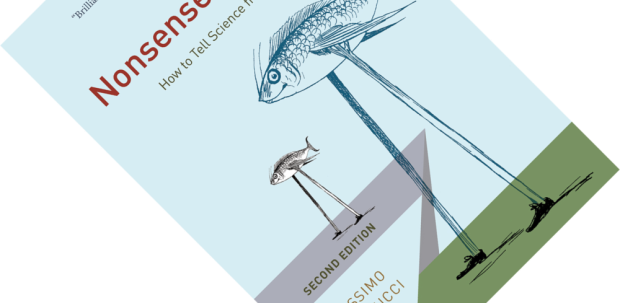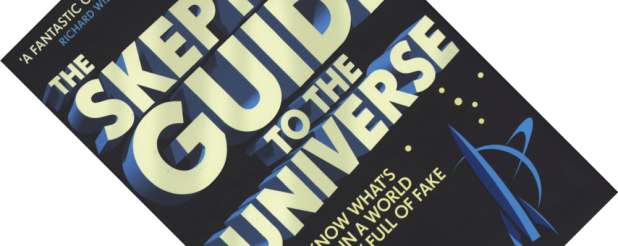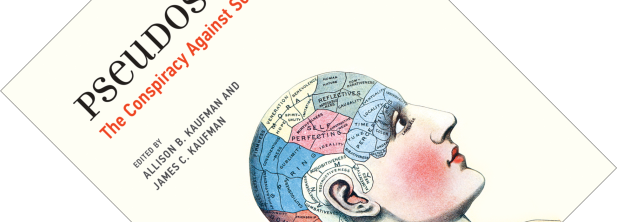In a time of fake news and alternative facts, being able to separate the proverbial scientific wheat from the pseudoscientific chaff is vitally important. But seeing the wide acceptance of a lot of dubious ideas, critical thinking does not come easily. So, how, then, do you tell science from bunk? Updating his 2010 book Nonsense on Stilts, evolutionary biologist and philosopher Massimo Pigliucci once again attacks this problem from many sides. Going far beyond cheap potshots at pseudoscience, I found a book that takes an equally serious look at the more insidious phenomena of think tanks and postmodernism, with a healthy side-serving of history of science. The result is a readable introspection on what science is and how it is done.
AIDS denialism
Book review – Discovering Retroviruses: Beacons in the Biosphere
In the already unusual world of viruses, retroviruses stand out for being even more so. Called “retro” because they reverse the flow of genetic information from RNA to DNA, rather than the normal DNA to RNA, they have turned out to be ancient, omnipresent, and incredibly influential. They are also important as they cause diseases such as AIDS. With Discovering Retroviruses, Anna Marie Skalka delivers a book dedicated to this particular group that is as technical as it is fascinating.
Book review – The Skeptics’ Guide to the Universe: How To Know What’s Really Real in a World Increasingly Full of Fake
If the design of the cover didn’t already give it away, the instruction to NOT PANIC on the dust jacket makes it clear this book is riffing on the famous Hitchhiker’s Guide to the Galaxy. And just as Douglas Adams’s book was intended to be an indispensable guide to navigating the galaxy, so The Skeptics’ Guide to the Universe is an indispensable guide to navigating a world gone mad with pseudoscience, alternative medicine, fake news, and conspiracy theories. Don’t let the book’s bulk put you off, this is an incredibly engaging read with a most humble outlook on life.
Book review – Pseudoscience: The Conspiracy Against Science
Fake news, alternative facts, misinformation. These buzzwords have been making headlines all too regularly in the last few years. Who to trust and how to tell apart well-executed science from bunk has become increasingly challenging amidst the information overload of our internet era. The edited collection Pseudoscience: The Conspiracy Against Science brings together 22 contributions that examine the problem of pseudoscience from a variety of perspectives. The unbelievable things people believe in may be easy to mock, but, as this book makes clear, they are no laughing matter.




